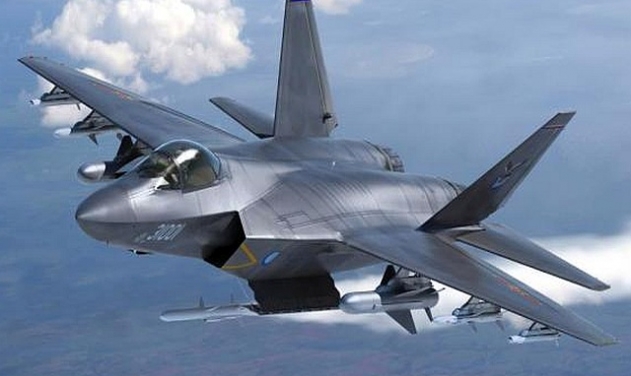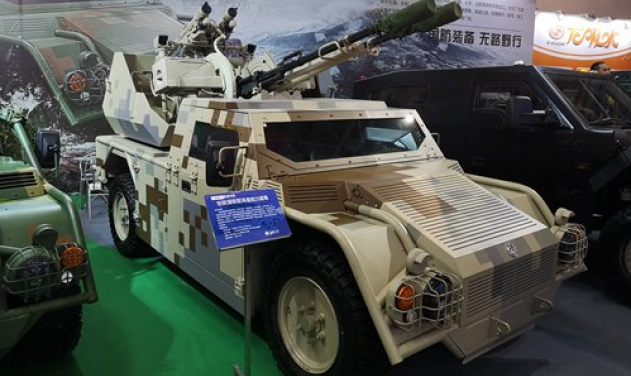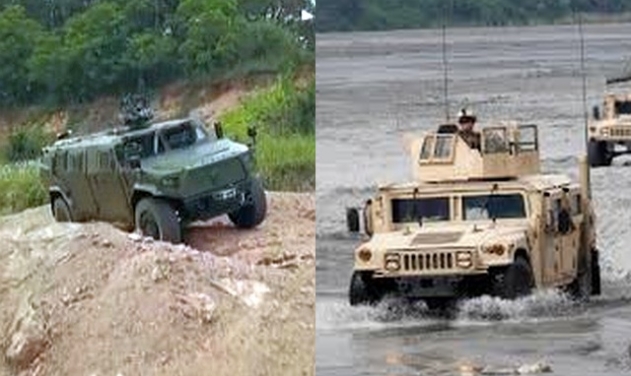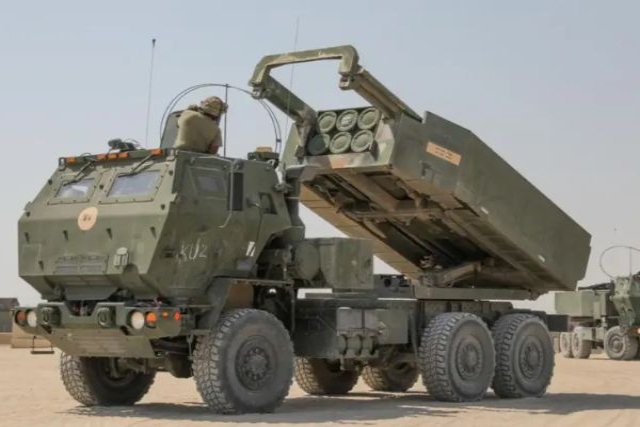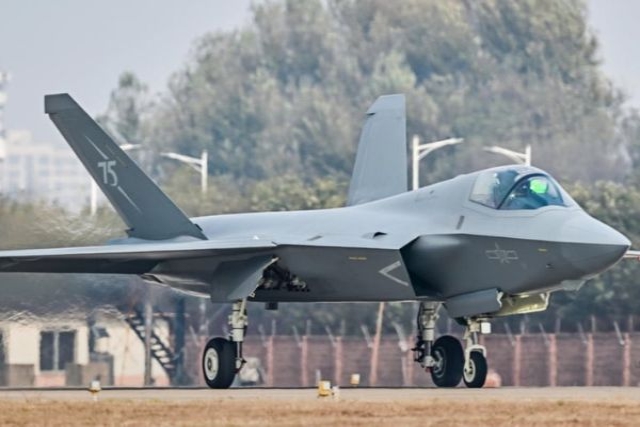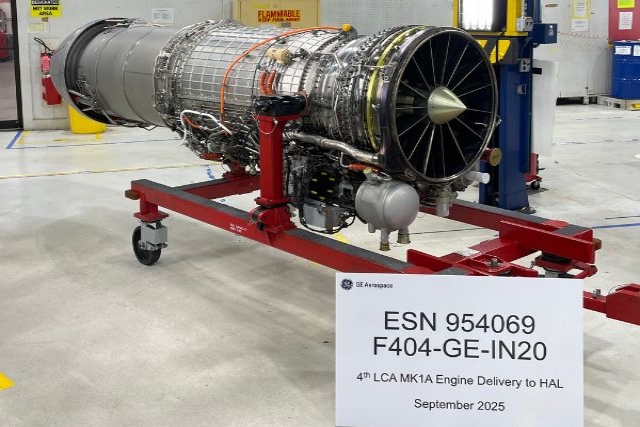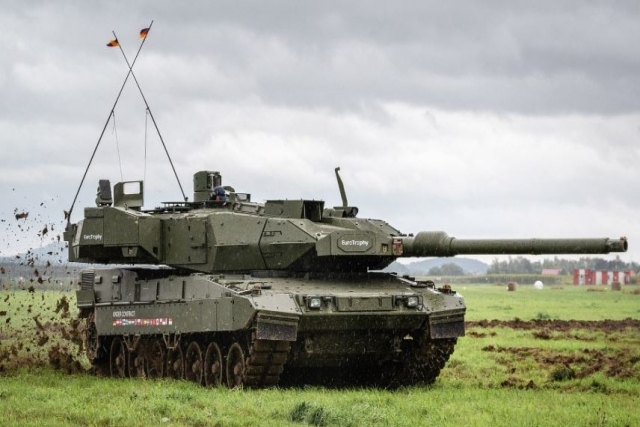China’s AV500 Unmanned Helicopter Completes First Night Mission
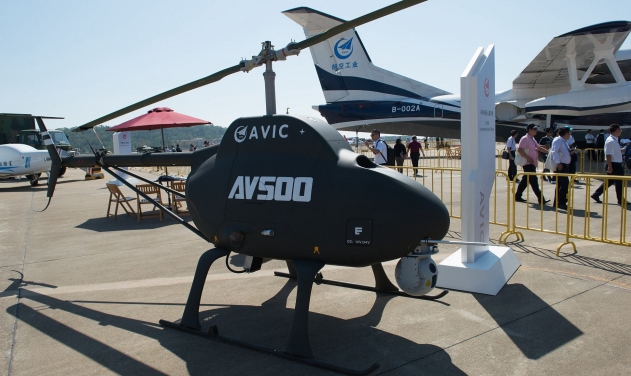
China’s AV500 unmanned helicopter developed by Aviation Industry Corporation of China (AVIC) has completed its first night night operation on June 14, and is likely to be commissioned to service soon.
The chopper drone, billed as a competitor to the US-made MQ-8 Fire Scout, took off and flew towards the sea in a headwind of 15 meters per second in South China's Hainan Province. The drone, flying in saline and humid conditions, located its target vessel and transferred back clear infrared visuals using its electro-optical pod, the manufacturer said in a statement Wednesday.
“The AV500 has shown outstanding environmental adaptability and strong reliability during the tests, which will make it attractive to both domestic and international client,” a military expert told Global Times on Thursday.
The drone helicopter could conduct patrol, reconnaissance, damage evaluation and attack missions for the military. It could also be deployed on missions relating to anti-terrorism, fire-fighting and disaster evaluation, the expert said.
The unmanned chopper conducted deep penetration operations during a combat exercise conducted by Chinese People's Liberation Army (PLA) in September 2018. The AV500 simulated conducting defense penetration operations at mid and low altitudes. It spanned a distance of 180 kilometers with all parameters registered as normal in about two hours.
In a previous test on November 18, 2017, the AV500 successfully completed its missile-armed flight and shooting test at a base in Golmud in northwest China’s Qinghai Province. In the same year, the AV500 broke the altitude record for domestically developed helicopter drones by achieving an altitude of 5,006 metres while undergoing testing in China's North western province of Gansu.
According to the company, the AV500 unmanned helicopter is a light unmanned helicopter that can be equipped with laser-guided missiles and machine guns. Its maximum takeoff weight is 500kg with a payload of 190kg, and its flying height is capable of reaching 5,000 meters, boasting a maximum endurance of nine hours and a control radius of 200km.
